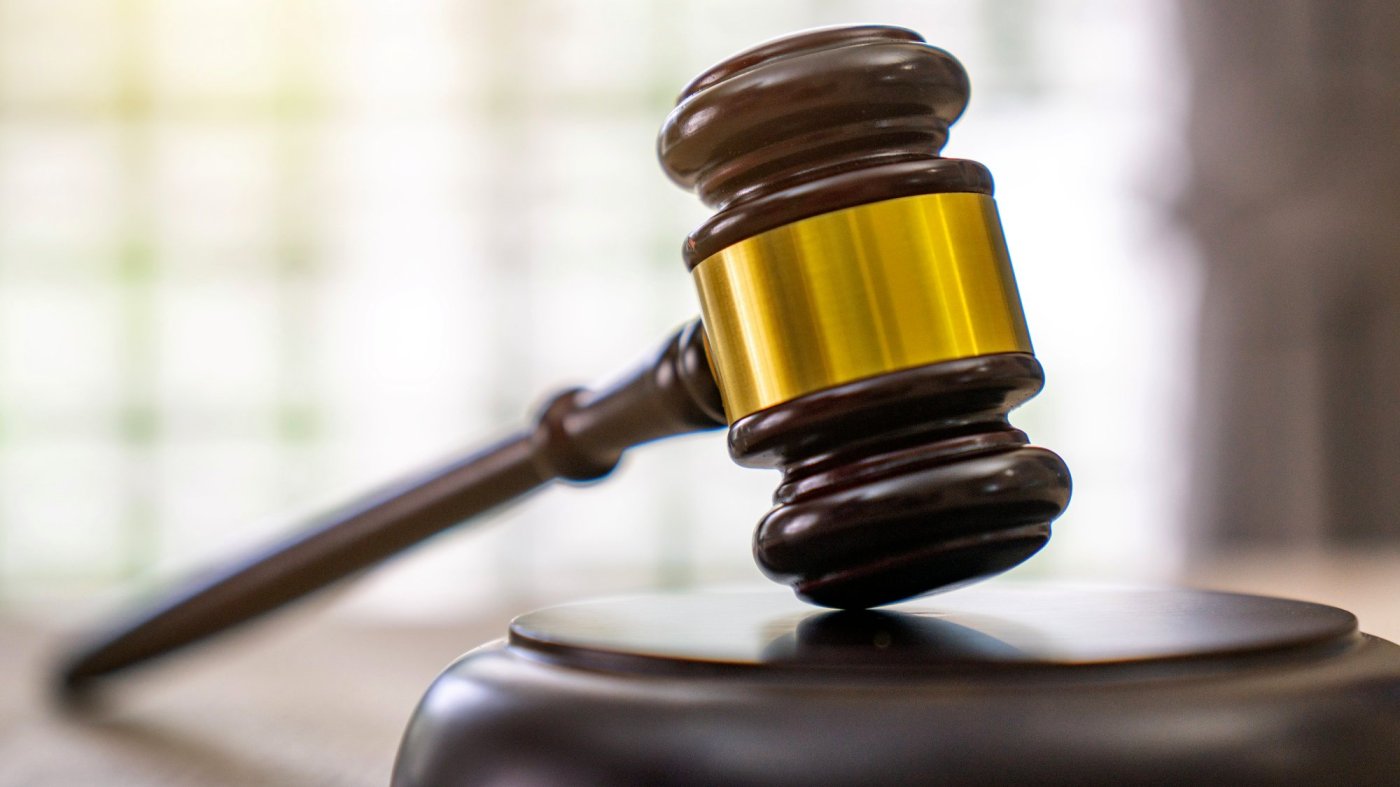World
Court Considers Biologist’s First Amendment Case After Firing

A legal battle over First Amendment rights unfolded in Tallahassee as attorneys for biologist Brittney Brown challenged her dismissal from the Florida Fish and Wildlife Conservation Commission (FWC). Brown was terminated on September 15, 2023, following a controversial social media post related to the murder of conservative figure Charlie Kirk. This case raises significant questions about free speech and governmental authority in the workplace.
Brown, who specialized in studying shorebirds and seabirds near Tyndall Air Force Base, asserts that her firing violated her rights to free expression. The dismissal came just five days after Kirk was shot at an event in Utah. In her lawsuit, Brown claims her termination was unjustified and that her post was a form of protected speech.
During the court proceedings, U.S. District Judge Mark Walker heard arguments regarding Brown’s request for a preliminary injunction to reinstate her position and prevent further retaliation from the agency. The FWC’s legal representatives, including Executive Director Roger Young and division director Melissa Tucker, defended the firing, stating it was necessary to avoid “foreseeable disruption, reputational harm and loss of public trust.” They emphasized that the agency was not policing ideology but rather protecting its credibility.
The dispute centers around a post that Brown shared on her personal Instagram account from an account called “@whalefact.” The post contained a provocative statement about Kirk’s murder, comparing it to the lack of concern for children affected by gun violence. State attorney Taylor Greene argued that Brown’s termination resulted from “hundreds of complaints” regarding the post. Greene maintained that allowing Brown to continue in her role would disrupt operations and damage public trust in the FWC.
Judge Walker questioned Greene on whether Brown’s message could be considered part of an important public debate, particularly concerning gun control. “Just because something’s inappropriate or controversial, how is it not covered by the First Amendment?” Walker asked, highlighting the complexities of balancing employee speech with institutional stability.
In response to the judge’s inquiries, Greene reiterated that Brown’s dismissal was based on internal policy rather than public opinion. Gary Edinger, Brown’s attorney, countered that her repost was a political statement made on her own time and from a personal account. He emphasized that the post represented a significant public conversation surrounding gun violence in America.
As the hearing progressed, Judge Walker acknowledged the “deeply disturbing facts” surrounding the timeline of Brown’s dismissal, particularly noting that it followed a call for her termination by a conservative social media account, Libs of TikTok. While Walker recognized the implications of public backlash, he suggested that the evidence presented might not be sufficient to demonstrate that Brown’s speech rights outweighed the FWC’s operational interests.
The legal principle known as a “heckler’s veto,” where public officials silence employees due to anticipated negative public reaction, became a focal point of discussion. Attorneys for the FWC argued that this principle did not apply in Brown’s case, asserting that the First Amendment does not protect public employees from speech that undermines their agencies’ effectiveness or credibility.
In a counter-argument, Brown’s legal team asserted that her comments were a form of civic commentary on a matter of public concern. They pointed out that the legacy of Kirk continues to provoke debate in political circles, particularly as various bills related to his influence are being prepared for the upcoming legislative session in Florida.
Judge Walker did not issue an immediate ruling but indicated that he would expedite the case. Following the hearing, Edinger expressed confidence that the court would ultimately side with Brown, even if a preliminary injunction was not granted. He stated, “This is an important statement that the government can only go so far and that we live in a free society where we must tolerate a diversity of opinion.”
As this case unfolds, it reflects ongoing tensions between free speech rights and institutional governance, particularly in the aftermath of politically charged events. The outcome could have implications not only for Brown but also for other public employees navigating the complexities of personal expression in the digital age.
-

 Science4 weeks ago
Science4 weeks agoIROS 2025 to Showcase Cutting-Edge Robotics Innovations in China
-

 Lifestyle4 weeks ago
Lifestyle4 weeks agoStone Island’s Logo Worn by Extremists Sparks Brand Dilemma
-

 Politics4 weeks ago
Politics4 weeks agoJudge Considers Dismissal of Chelsea Housing Case Citing AI Flaws
-

 World4 weeks ago
World4 weeks agoBravo Company Veterans Honored with Bronze Medals After 56 Years
-

 Health4 weeks ago
Health4 weeks agoStartup Liberate Bio Secures $31 Million for Next-Gen Therapies
-

 Lifestyle4 weeks ago
Lifestyle4 weeks agoMary Morgan Jackson Crowned Little Miss National Peanut Festival 2025
-

 Science4 weeks ago
Science4 weeks agoArizona State University Transforms Programming Education Approach
-

 Health4 weeks ago
Health4 weeks agoTop Hyaluronic Acid Serums for Radiant Skin in 2025
-

 World4 weeks ago
World4 weeks agoHoneywell Predicts Record Demand for Business Jets Over Next Decade
-

 Sports4 weeks ago
Sports4 weeks agoYamamoto’s Mastery Leads Dodgers to 5-1 Victory in NLCS Game 2
-

 Top Stories4 weeks ago
Top Stories4 weeks agoIndonesia Suspends 27,000 Bank Accounts in Online Gambling Crackdown
-

 Sports4 weeks ago
Sports4 weeks agoMel Kiper Jr. Reveals Top 25 Prospects for 2026 NFL Draft









